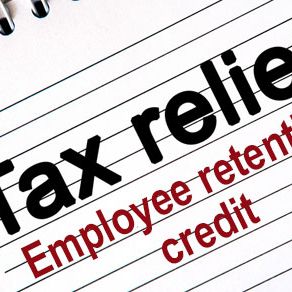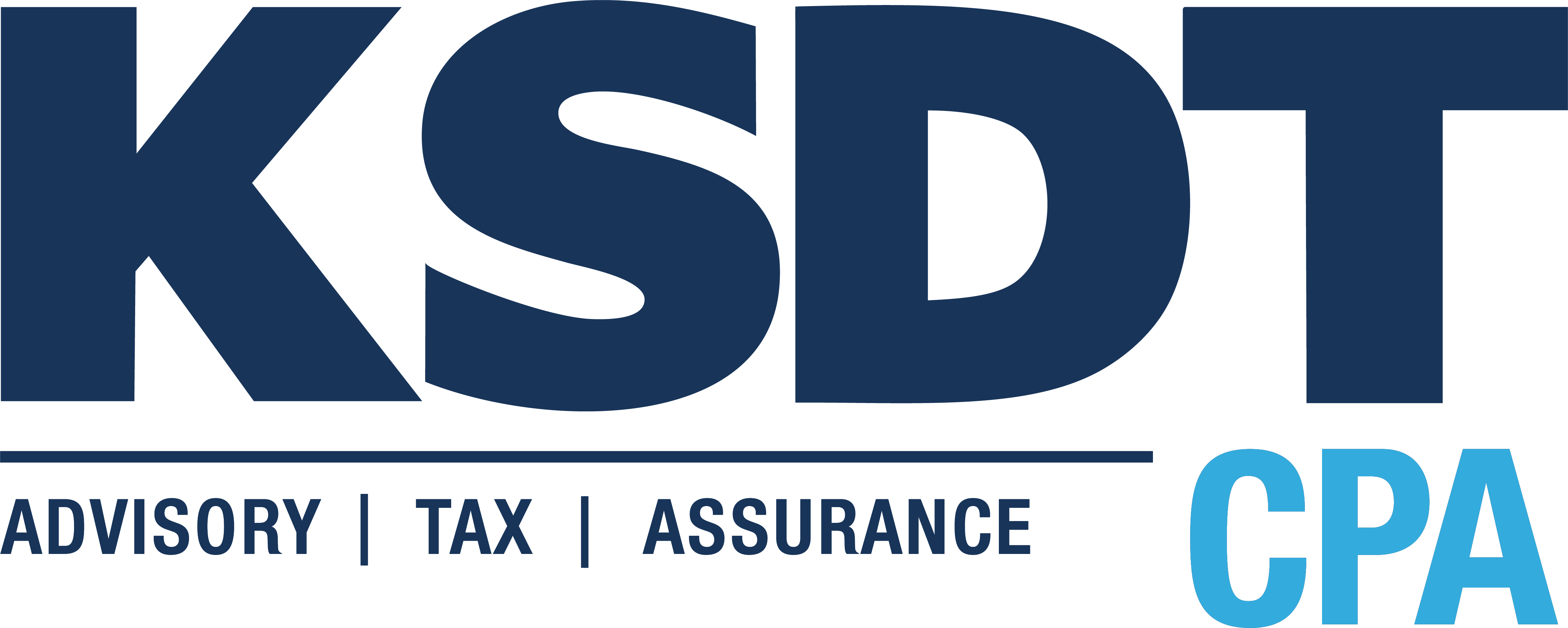
The recently enacted Coronavirus Aid, Relief, and Economic Security (CARES) Act provides a refundable payroll tax credit for 50% of wages paid by eligible employers to certain employees during the COVID-19 pandemic. The employee retention credit is available to employers, including nonprofit organizations, with operations that have been fully or partially suspended as a result of a government order limiting commerce, travel or group meetings.
The credit is also provided to employers who have experienced a greater than 50% reduction in quarterly receipts, measured on a year-over-year basis.
IRS issues FAQs
The IRS has now released FAQs about the credit. Here are some highlights.
How is the credit calculated? The credit is 50% of qualifying wages paid up to $10,000 in total. So the maximum credit for an eligible employer for qualified wages paid to any employee is $5,000.
Wages paid after March 12, 2020, and before Jan. 1, 2021, are eligible for the credit. Therefore, an employer may be able to claim it for qualified wages paid as early as March 13, 2020. Wages aren’t limited to cash payments, but also include part of the cost of employer-provided health care.
When is the operation of a business “partially suspended” for the purposes of the credit?The operation of a business is partially suspended if a government authority imposes restrictions by limiting commerce, travel or group meetings due to COVID-19 so that the business still continues but operates below its normal capacity.
Example: A state governor issues an executive order closing all restaurants and similar establishments to reduce the spread of COVID-19. However, the order allows establishments to provide food or beverages through carry-out, drive-through or delivery. This results in a partial suspension of businesses that provided sit-down service or other on-site eating facilities for customers prior to the executive order.
Is an employer required to pay qualified wages to its employees? No. The CARES Act doesn’t require employers to pay qualified wages.
Is a government employer or self-employed person eligible?No.Government employers aren’t eligible for the employee retention credit. Self-employed individuals also aren’t eligible for the credit for self-employment services or earnings.
Can an employer receive both the tax credits for the qualified leave wages under the Families First Coronavirus Response Act (FFCRA) and the employee retention credit under the CARES Act? Yes, but not for the same wages. The amount of qualified wages for which an employer can claim the employee retention credit doesn’t include the amount of qualified sick and family leave wages for which the employer received tax credits under the FFCRA.
Can an eligible employer receive both the employee retention credit and a loan under the Paycheck Protection Program? No. An employer can’t receive the employee retention credit if it receives a Small Business Interruption Loan under the Paycheck Protection Program, which is authorized under the CARES Act. So an employer that receives a Paycheck Protection loan shouldn’t claim the employee retention credit.
KSDT Cares
From our KSDT family to yours, we hope that everyone is safe and healthy during this unprecedented time. Our Tax Experts are fully capable of conducting uninterrupted business electronically and via the phone. Please reach out today to schedule time as well as to learn about any additional tax and financial programs that may be available.
If you would like to speak with our tax professionals, please call 305.670.3370 or email SBAhelp@ksdt-cpa.com
© 2020
How Can We Help?
Call or email our team today
KSDT CPA is ready to navigate the process with you. Fill out the form below and our team will contact you shortly.



